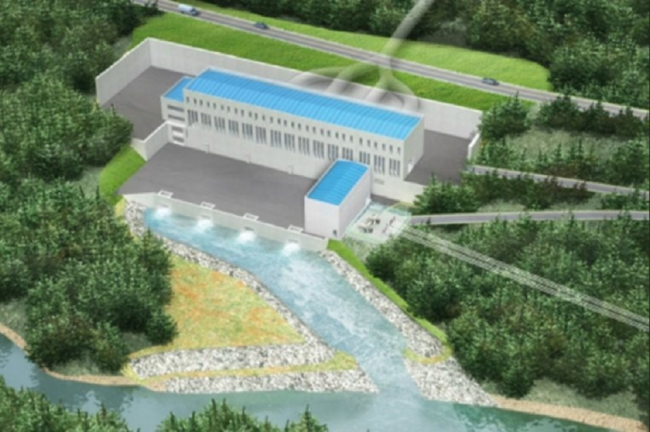

 The board of directors of the European Bank for Reconstruction and Development (EBRD) have ‘unanimously’ approved financing for the Nenskra HPP in Svaneti, Georgia. The board made the decision on 31 January.
The board of directors of the European Bank for Reconstruction and Development (EBRD) have ‘unanimously’ approved financing for the Nenskra HPP in Svaneti, Georgia. The board made the decision on 31 January.
The project envisions construction of a 130 metre high dam on the Nenskra River, a 3 square kilometre reservoir, and a 280 MW Hydropower Plant (HPP) in Mestia Municipality, in the Samegrelo–Zemo Svaneti Region of Georgia.
The project has faced resistance from some locals in Svaneti. In April 2016, eight protesters were arrested after clashing with the police. Protesters had been trying to block the road leading to planned construction site.

[Read on OC Media: Activists fighting Georgia’s hydropower boom complain of exclusion and repression]
Nenskra Hydro JSC, jointly owned by South Korean state utility K-water (80%) and the Georgian state-owned Partnership Fund (20%), is constructing the plant.
They plan to raise 70% of the $1.1 billion cost of the project from international financial institutions. The EBRD is to cover $214 million, 20%, while both the European Investment Bank (EIB) and the Asian Development Bank are considering financing the project.
In 2017, local environmental group Green Alternative filed a complaint with the EIB claiming that the assessment of natural geological hazards connected to the Nenskra project was ‘inadequate’; the EIB is still considering the complaint.
Green Alternative has claimed that the environmental and social impact assessment of Nenskra failed to recognise Svans as indigenous peoples, and argued that this judgement is ‘arbitrary and contrary to the United Nations’ definition of indigenous peoples’.
In addition, the ESIA concludes that only 80 families in two gorges would be ‘directly impacted’ by the project, and that therefore the social impacts are not significant, the Green Alternative reported.
They estimate the project’s impacts will be ‘much broader, and encompass segments of the population for which the social consequences have not been accounted for, such as women, the elderly, and internally displaced people’.
According to the Green Alternative, the project will flood up to 267 ha of forests and communal lands in adjacent areas.
Additionally, an 8.7 metre high dam and 12.4 kilometre diversion tunnel will be built to bring water from the Nakra to the Nenskra reservoir, which, Green Alternative claims will ‘considerably reduce the environmental flow of the Nakra river, leaving just 10 percent of average annual flow downstream regardless of seasonal fluctuations’.
[Read more on Open Democracy Russia: Georgia’s highlanders against hydropower]






